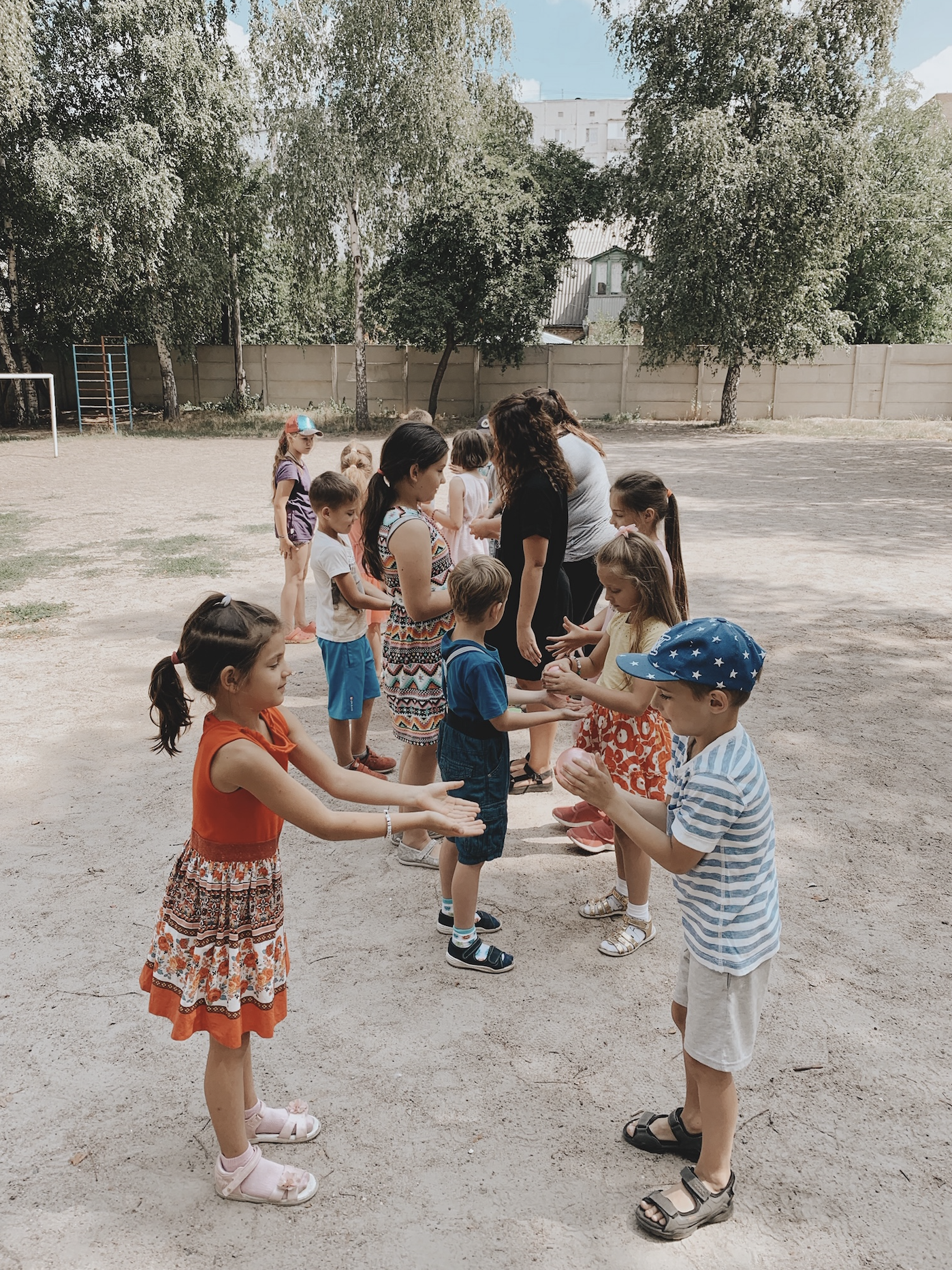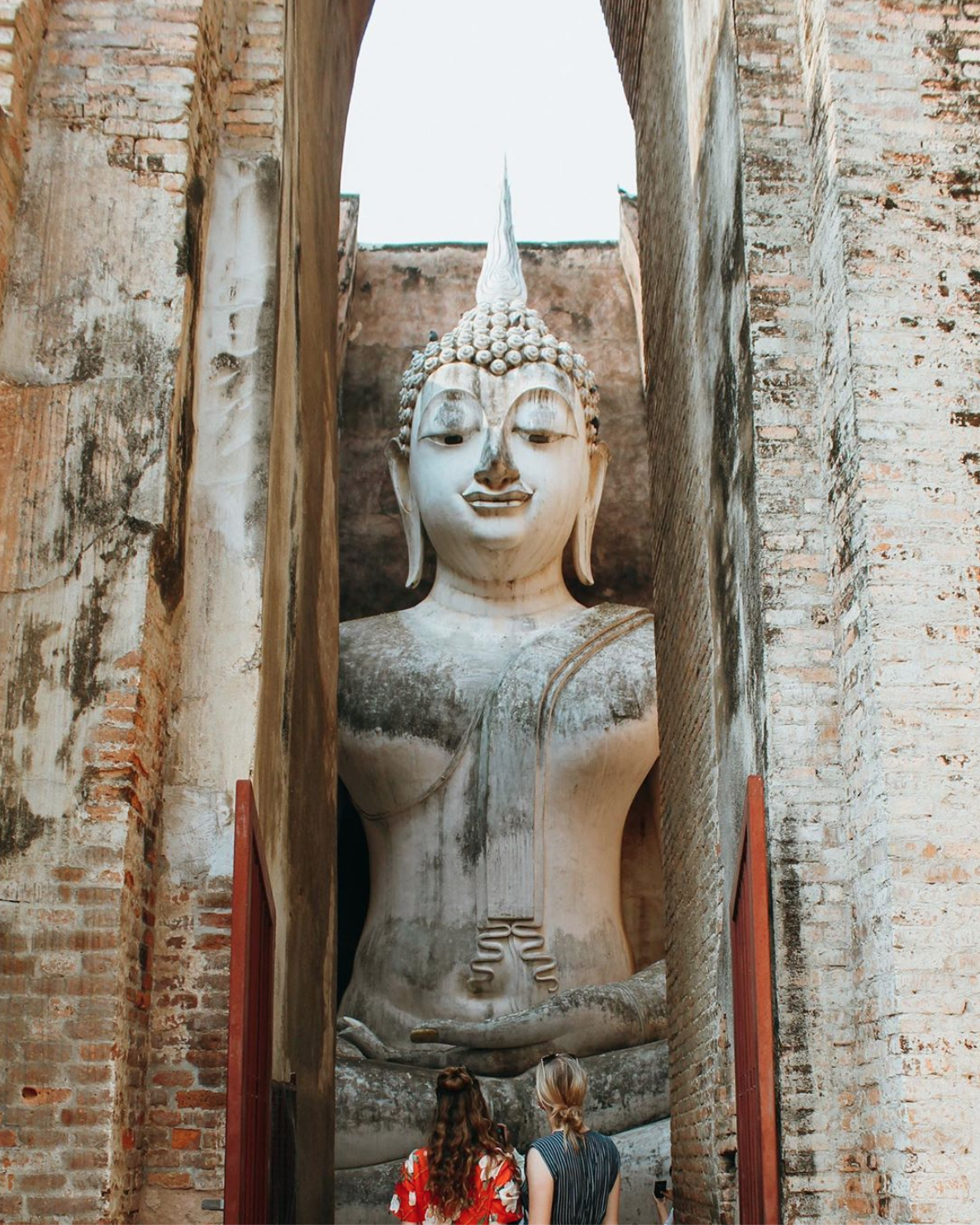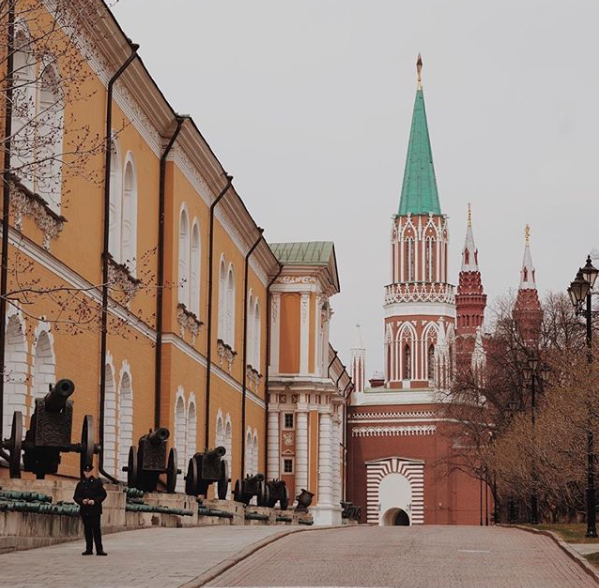
If you are planning on traveling to Russia you will absolutely want to know a little bit a history before you go.
The fur hats and coats, Russian ballets, hot cocoa on Red Square, beautiful churches, gorgeous castles, and UNESCO sites ... ah, Russia, we really can't get enough of you. If you are going to Russia for the first time, know that the history will be a huge part of your experience.
Learning history might sound boring compared to learning about all the fantastic things waiting for you to see, eat, and do in Russia ... but it will completely change your experience. This country has a looooong history, spanning hundreds and hundreds of years, but one of the key points to know about are the shifting names of two of the country's most important cities: Saint Petersburg and Volgograd (at least, that's what they were named last time we checked!).
A Bit About St. Petersburg (Leningrad)
One of my absolute favorite cities in the world is St. Petersburg. I was lucky enough to visit a couple of times and wished I had spent even more time here ... living in Russia already made it easy to take a quick trip or flight up to St. Petersburg (a major perk, right?).
It's a city I know and love, and a top vacation spot for anyone visiting or volunteering in Russia. But this classic city wasn't always known as St. Petersburg, and learning the history of the name change details a telling chapter of Russian history.
First St. Petersburg
When Peter The Great took over this section of land from Sweden, he named it St. Petersburg, a notable achievement for Russia's first Russian emperor. He moved the royal family and government from Moscow to this city, wanting to create a "window to the west".
You can clearly see nods to western Europe in the city's architecture, with canals like Venice or Amsterdam, and towering cathedrals built in distinctive Baroque Style. Technically, the city was named after St. Peter ... though it the "coincidence" that Peter the Great shared the same name as his patron saint. wasn't lost on many. The second half of the city, "burg" was a nod to the man's relatives and allies in Germany. Overall, the city was named and designed to feel very European and Russian, something that will need to be changed once World War 1 hit.
Then Petrograd
When the world was at war with Germany in 1914, the Imperial Government in Russia changed St Petersburg's name to Petrograd. This was mainly due to the fact that Russia wanted to separate themselves from any German sounding name (Peter and Burg were both very Germanic names/words). However, the name change itself isn't too far of a deviation — "Petrograd" roughly translates to the city of Peter in Russian, but without any of the Germanic roots.The city of Petrograd endured severe trauma in WWI, then a bloody Revolution in 1917. There was also severe political upheaval — with the revolutionary government of the Bolsheviks in 1918, the head of the government was then moved back to Moscow.
This name change of Petrograd was rather short lived, and was again renamed in 1924 to commemorate the head of Soviet Russia: Vladimir Lenin.
Then To Leningrad
The (almost final) name change occurred in 1924, at Lenin's death, as an attempt to replace the achievements of this leader of the Soviet Union with the achievements of the city's initial founder, Peter the Great. The city, as Leningrad, endured years under Soviet rule as well as a horrific siege by German soldiers in WWII. However, the city's European roots and original establishment endured through the brutality of war, with citizens once again voting to restore the city's name of St. Petersburg.
Then Back To St. Petersburg
The last time the name changed was in 1991 when there was a popular vote to elect a new leader, as well as to change the name of the city from Leningrad back to St Petersburg. This was mainly done because Lenin had fallen out of favor with the majority of people and the referendum vote on the change of the city name. Now, that name represents a city with an historic past, with deep European and Russian roots — a living chapter of Russia's history.
You can read a more complete history of the city's name change here.
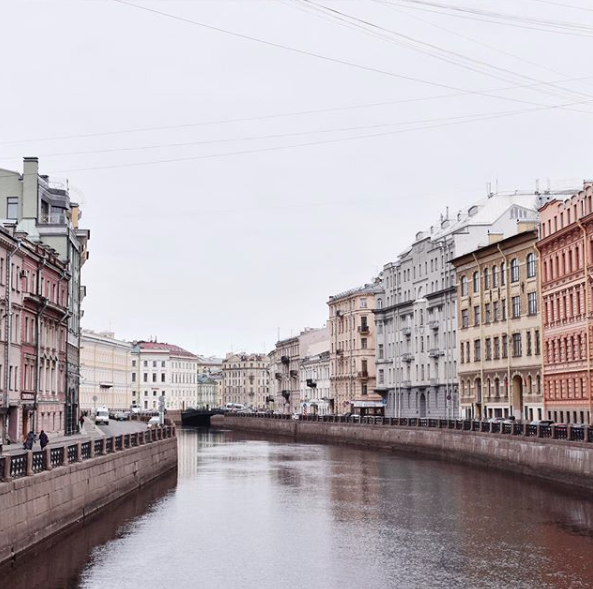
A Bit About Volgograd (Stalingrad)
Next we have Volgograd, a city that may not be as famous as St. Petersburg or Moscow when it comes to tourism, but a city that details an important and influential chapter of the country's past.
First Tsaritsyn
Historians believe the city of what is now known as Volgograd has been around since the 16th century, though it was then known as Tsaritsyn, a nod to the Tsarist rule of the region, and the so-called Tsaritsyn River. The city itself sits in the middle of a little peninsula of southern Russia, between the borders of Ukraine and Kazakhstan. The city has a past peppered with a few sieges, unsuccessful attempts to storm the city, and establishing itself as an important trade and customs route in and out of Russia.
Then Stalingrad
In 1925, the city was renamed to honor Joseph Stalin, the secretary of the Communist Party. Under Stalin's rule, the city was a huge industrial hub, and became the site of pivotal battles in WWII. Some historians estimate that the casualties during the siege of Stalingrad holds the greatest number of causalities of any singular battle. Estimates are all well over 1 million, with some as high as 1.7 million.
The battle was brutal, beginning on August 23, 1942, with devastating arial bombarding that leveled most of the city. That fall, between the crumbling rubble, fighting had reached the center, with German occupation in 90% of the city by November. However, an enormous Soviet-led counterattack on November 19th led to the city's ultimate re-capture.
Lastly, Volgograd
However, the name Stalingrad wasn't destined to endure. In 1961, the city was remanded Volgograd to help 'de-Stalinize" Russia, a partly controversial move, mostly due to Stalingrad's symbol of survival during the war. The battle is known as a massive turning point in the war, however there are also years of oppression and hardship associated with the name of Joseph Stalin, along with huge industrial success. It's a complicated issue, to be sure.
The city's name change has also been in the news recently, with reports in the mid-2000's with rumors that Volgograd will again be named Stalingrad, to help commemorate the USSR's success over the Germans in WWII. Business Insider is one publication detailing the potential name change.
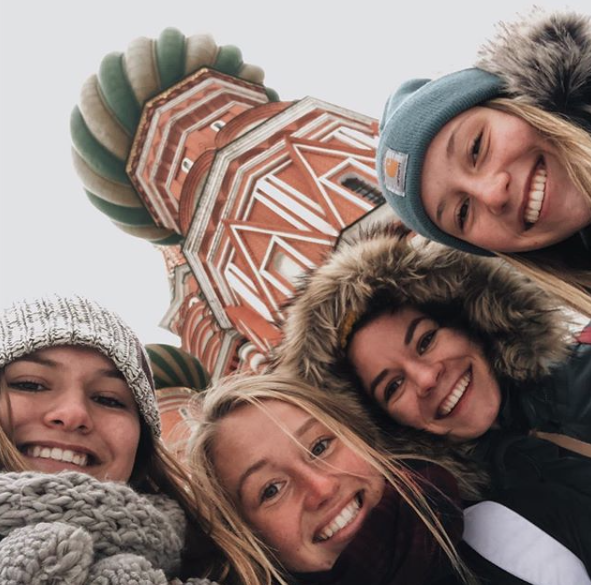
Ready for more world adventures?
We (International Language Programs) host volunteer programs in a handful of different parts of the world. Our volunteers are college-aged individuals who teach English part-time and have weekends plus vacation days off to travel. This means that you get to teach the cutest kids during the week, then hop on a train, plane, or bus to explore everything that country has to offer! Learn more on our Instagram:








